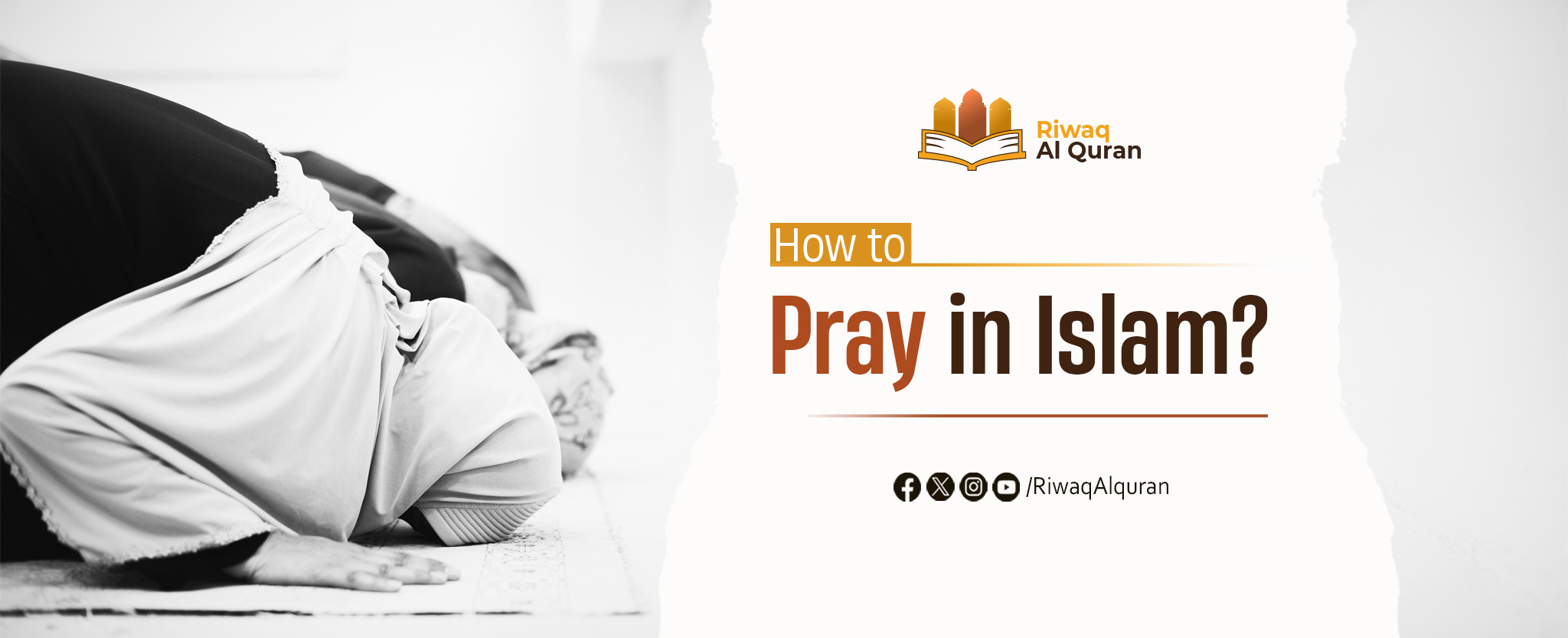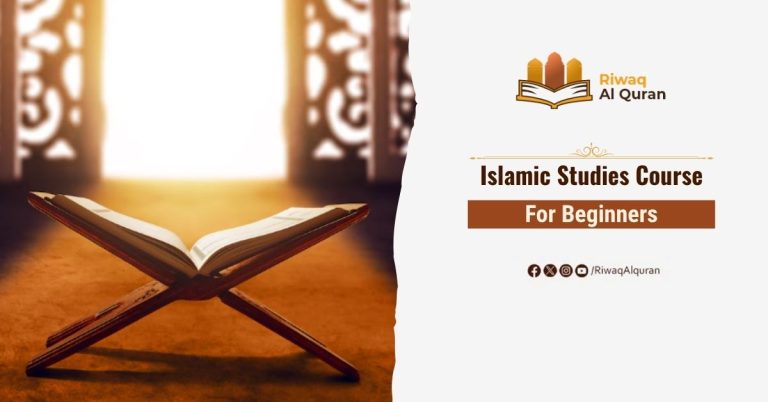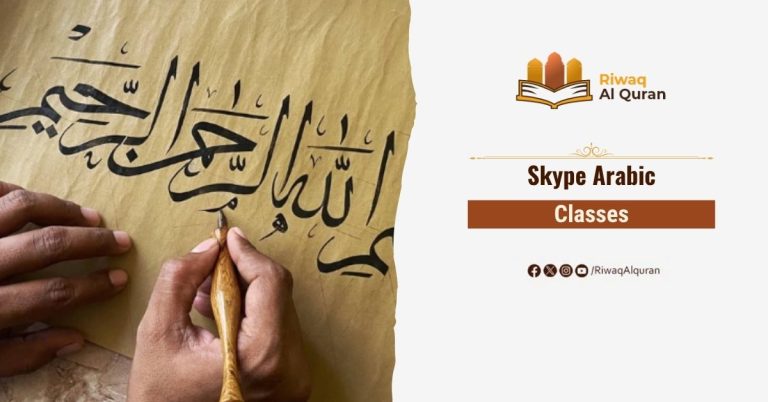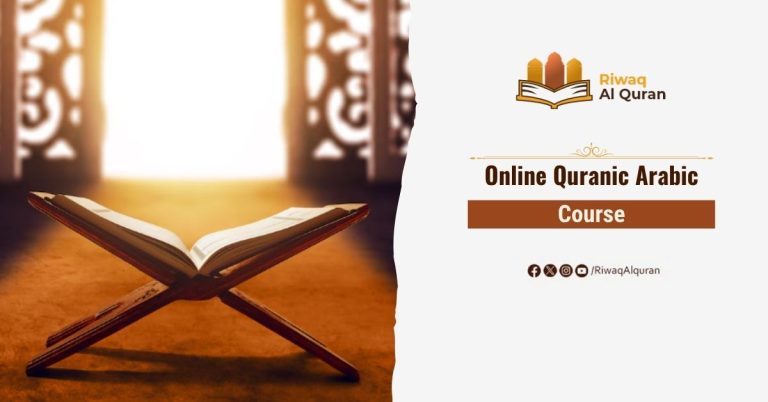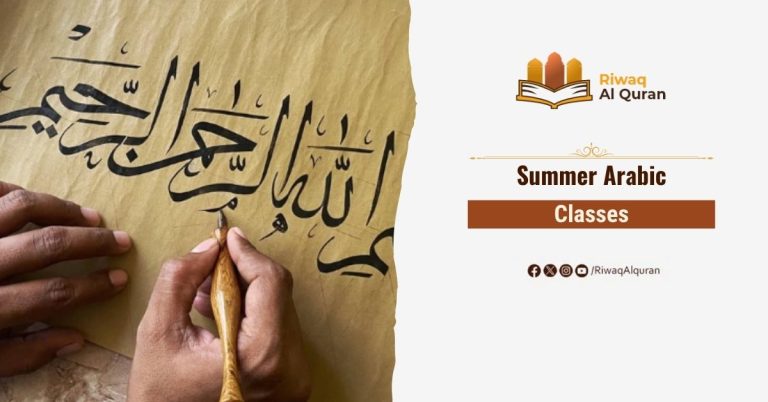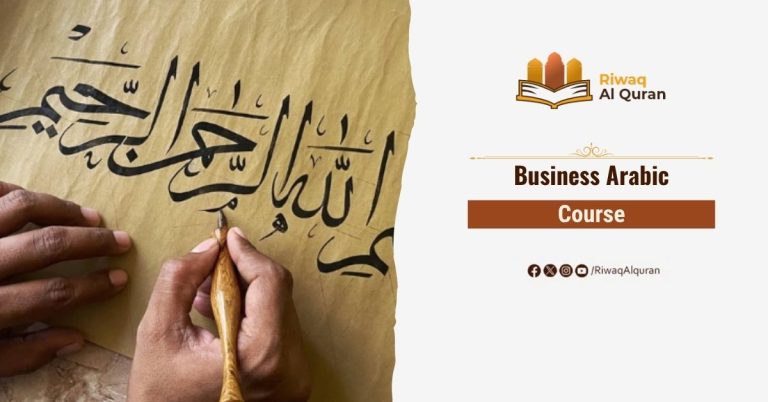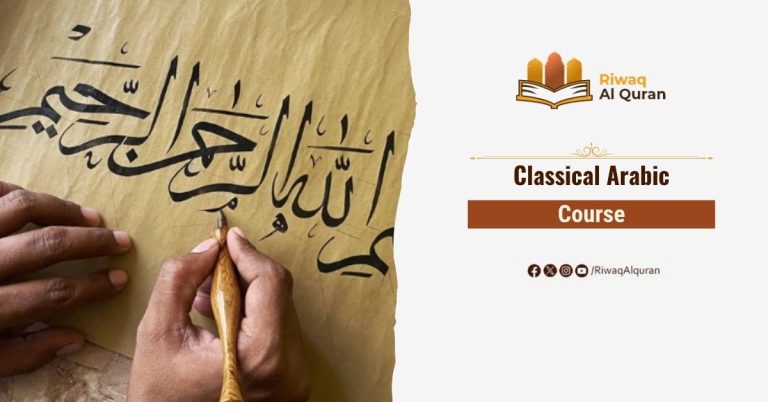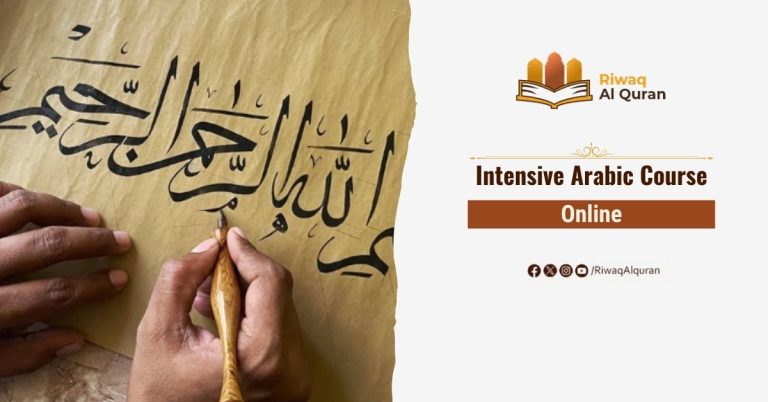Salah is not merely a physical ritual but a profound act of worship that embodies submission, devotion, and humility before Allah. Its observance is central to the Islamic faith, carrying immense spiritual significance and serving as a pathway to divine mercy and reward.
Worshiping Allah is the Purpose we were created for, and prayer is a primary way to do that. Prayer is the beating heart of having a healthy relationship with your Master. It is the unique connection between Man and his Creator.
Here is how to perform the Salah Prayer step by step.
Table of Contents
How to Pray Salah in Islam?
It’s clearly important to perform the Salah prayer, in the way Allah ordered.
Teaching how to pray in Islam starts by knowing how to perform a (Rakah), which is the sequence of acts and sayings that are repeated while praying.
Rakah gets the name from (Rukuh) –the second action in performing Salah.
Here is how to perform salah prayer, one Rakah at a time:
Rakah starts with (Takbir: saying Allah Akbar) then:
1. Opening The Prayer While standing:
During Qiyam, begin by facing the direction of Makkah to the best of your ability. This alignment is essential for the prayer. Stand straight and place the palm of your right hand on the wrist of your left hand, both positioned on your chest. Keep your eyes focused on the spot where you will eventually prostrate (Sujood).
In the first standing position, you should recite from the Quran in Arabic. If you have not yet learned to recite the Quran, you can say “Subhan Allah” (Glory be to Allah) repeatedly until you are able to learn the proper recitations. It is highly encouraged to learn Quran recitation from native speakers or qualified teachers to ensure accurate pronunciation and understanding.
Also read:
Reciting Surah Al-Fatiha is a mandatory part of the prayer, as the prayer is considered invalid without it. After reciting Al-Fatiha, you should follow with another Surah or part of a Surah or Ayah from the Quran. In the first two Rakahs of a prayer, you should follow Al-Fatiha with another Surah. In the last two Rakahs, when praying a total of four Rakahs, recite only Al-Fatiha.

2. Rukuh (Bowing):
When performing the Rukuh (bowing), lower your head while keeping your legs straight and place your hands firmly on your knees. Ensure that your back is straight and your gaze is directed to the spot where you will prostrate (Sujud).
As you move into Rukuh, say “Allahu Akbar” (God is Greater). This Takbir (declaration of God’s greatness) should be recited at each transition between movements in the prayer: when going into Rukuh, moving into Sujud, sitting, and starting a new Rakah.
While in Rukuh, say “Subhan Rabiia Al-‘Athem” (Glorified is my Great Lord).

3. Qiam (standing) After Ruku:
After completing Rukuh, return to a standing position, ensuring that every bone and joint is back in place. As you rise from Rukuh, say “Sami’a Allahu Liman Hamidah” (God hears those who praise Him).
Once you are fully standing again, recite “Allahuma Laka Al-hamd” (Allah, all praise is to You).

4. Sujud (prostrating):
Place your head on the ground as an ultimate act of humility and submission before Allah Almighty. This position, as the Prophet (peace be upon him) said, is when you are closest to your Lord. During Sujud, seven parts of the body should touch the ground:
- The forehead along with the nose
- The two palms of the hands
- The toes of both feet
- The two knees
While in Sujud, recite “Subhan Rabiia Al-‘aala” (Glorified is my Most High Lord). It is also recommended to make general Dua (supplication), asking God Almighty for all your needs, or simply offering praise and pleas to Him (Glory be to Him).
Rukuh and Sujud are the heart of Salah, the core acts of worship, reserved solely for Allah. Muslims bow to no one but Allah, which is the essence of being a Muslim.

5. Guloos (Sitting):
Sit on the ground with your hands on your thighs or knees, and look at the place of Sujud. During the first sitting, say “Allahuma Ighfir li” (Allah, please forgive me). You can use this time to ask Allah for forgiveness, and also to request mercy, guidance, well-being, and providence.

7. Second sujud:
Go back to Sujud like the first one with the same conditions and duas.

8. End The Rakah:
You can conclude the Rakah by either returning to standing to start a second Rakah, or if you are in your second Rakah, by returning to sitting position for Tashahud (as mentioned in the next section).
9. Tashhud:
During the second sitting, following two Rakat, you recite the Tashahud:
- “Al-Tahiatwu Lillahi wa Al-Salawatu wa Altibat
- Al Salam Ala Al-Nabiia wa Rahmatu Allahi wa barakatuhu
- Al Salam Alaina wa Ala Ibadi Allahi Al-salihina
- Ash-hadu Anna La illaha illa Allah wa Ash-hadu anna Muhammadan Abduhu wa rasuluh”
This translates to greetings, praise, and blessings to Allah. Peace, mercy, and blessings upon the Prophet. Peace upon us and the righteous servants of Allah. I bear witness there is no God but Allah, and Muhammad is His slave and messenger.
How to finish the Salah?
After Tashahud in the final Rakah, finish Salah by adding the following to Tashahud
(Allahuma Salli Ala muhammadan wa aali Muhammad, kama salita Ala Ibrahim wa aali Ibrahim, Fi Al-aalamin, innaka Hamidun Majid
Alahuma barik ala muhammadan wa aali Muhammad, kama bakrata ala Ibrahim wa aali Ibrahim, fi Al-aalamin innaka Hamidun Majid)
Taslim: Then look to your right and say (Al-Salam Alikum wa Rahmatu Allah) and the same on your left and that’s how you end salah.
Note that (Taslim) by the end of Salah doesn’t require someone beside you, it’s the act that ends the Salah so it’s required either way, and even if no one was present you can still be saying it to the angels.
It’s important to note:
- Tashahud is recited every two Rakat, once if the prayer consists of only two Rakat, and twice if the prayer is three (like Maghrib but not Witr) or four.
- If the Salah consists of only two Rakat, Taslim is performed after Tashahud, concluding the Salah. If the Salah is four Rakah, after reciting Tashahud the first time and standing back up, recite Fatiha only.
- Subhan Allah and Alhamdulillah convey deeper meanings, such as thanking God almighty and acknowledging His perfection, among others.
- In English, “praise” and “glorify” are used to convey the meanings of Subhan Allah and Alhamdulillah due to the lack of direct equivalents.
Note that not all Arabic letters are available in English, and you need to learn the Arabic letters that aren’t in English to say it properly
Learn How to pronounce Arabic from Native teachers now.
State of the heart while praying
It’s crucial to understand that Salah isn’t just movements and sayings –Rather the heart of Salah is the state of your own heart in it;
Muslims need to pray with a present heart. – Understand the meaning of each movement and saying in Salah, this is how you truly pray to Allah. The movements and sayings in Salah are like the outer shell, while the acts of the heart are its inner core
The heart’s actions are the most valuable, giving Salah its meaning and value.
Acts of the heart include:
1-Ikhlas (Sincerity): Remembering Allah and doing the actions only for Him is the key for any deed to be accepted.
2- Khusoua (humbleness): “Successful indeed are the believers 1 They who have Khusoua in their prayer 2” Al- Mu’minun 1-2
3-Love: “Whoever loves to meet Allah, Allah loves to meet him.”
4-Fear: “Indeed, those who fear their Lord unseen will have forgiveness and great reward.” Al Mulk 12
5-Hope: “Indeed, they used to hasten to good deeds and supplicate Us in hope and fear, and they were to Us humbly submissive.” Al Anbia-90
Those are the major acts of the heart you need to pay attention to while praying and there are others. It all starts by recognizing the meaning behind every movement and saying and having them present in your heart while doing them.
When your heart is praying with you, you feel the peace and calmness in it. That’s why the prophet Muhammad peace be upon him used to ask for prayer to feel that.


Can you Pray Salah in English?
No, you cannot pray Salah in English. Salah has to be in Arabic –as this is how it was taught and also because the Quran is only in Arabic and you have to recite the Quran in Salah.
Don’t worry though, this is actually easy, with the aid of Allah and then the help of Riwaq AlQuran.
Learn how to perform salat prayer in Arabic easily
Are you overwhelmed by the thought of having to learn a new complex language?
Many have a passion for learning Arabic but stop because they overthink too much and don’t know where to start.
To start, there is a simple method, well tested and verified by thousands of Arabic learners
This method is genius, it works with all backgrounds and gets your foot in the door so you can continue learning easily
Start With The Noorani Qaidah method.
Riwaq Al Quran is a comprehensive online platform that offers personalized Quran, Arabic and Islamic Studies Online classes for individuals of all ages and backgrounds.
Their experienced instructors use a structured curriculum to cover Tajweed, Tafsir, and Memorization, providing easy and effective access to learning the Quran.
The advanced online classes allow for seamless communication and interaction between students and teachers. Join Riwaq Al Quran for a deeper connection with the Quran.
We offer several courses such as:
- Online courses for kids.
- Online Quran classes for kids and adults.
- Online Arabic courses
- Online Ijazah courses
- Online Islamic Studies courses.
Conclusion
Salah, the Islamic prayer, is a cornerstone of Muslim worship, embodying both general supplication to Allah and specific rituals performed in reverence. As the second pillar of Islam, Salah signifies submission to the Creator and holds profound spiritual significance.
Neglecting Salah is admonished, with scholars cautioning against its abandonment, as Prophet Muhammad equated such neglect with disbelief. Performing Salah entails a series of precise movements and recitations, fostering humility, devotion, and spiritual connection to Allah.
Its observance brings numerous rewards, including forgiveness of sins and divine favor, while its neglect may lead to grave consequences. Understanding Salah’s timings and reciting it in Arabic are emphasized, underscoring the importance of tradition and adherence to divine guidance in Muslim worship.
Learning how to pray is Critical for every Muslim. Imagine coming on the day of Judgment and finding your prayers elevating you to unimaginable heights! That’s why learning how to pray properly is essential to every Muslim. If you find something unclear or you have a question ask one of our experienced teachers by registering for Five pillars of Islam course;



